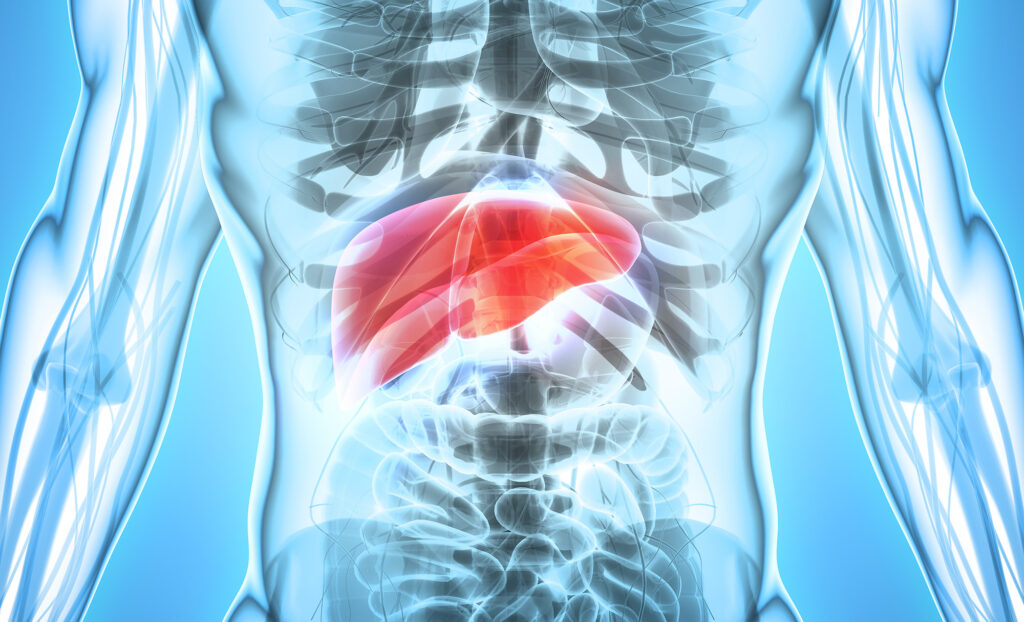The liver, for instance, plays a vital role in the body by initially detoxifying unnecessary substances that could hinder the normal functioning of our cells. This crucial process takes precedence over the production of the liver’s 13,000 required products, as the body prioritizes the removal of potentially harmful substances. Consequently, although the organs continue to function and contribute to bodily processes, they do so sub-optimally. Over time, these patterns of dysfunction manifest as various signs and symptoms in our lives. High cholesterol, for instance, serves as an indicator of impaired liver function, as approximately 70% of cholesterol is synthesized in the liver. Elevated cholesterol levels suggest sub-optimal liver performance and also signify the body’s attempt to heal itself, as cholesterol is essential for hormone production, which drives numerous bodily functions. Other issues associated with liver dysfunction include PMS, under-eye bags, reduced alcohol tolerance, infertility/impotence, headaches, skin problems, red dots on the skin (linked to poor homocysteine metabolism, sulfation, and methylation), anger, irritability, frustration, and waking up between 1-3am, among others.
In our surrounding environment, cycles abound. We witness the transition from day to night, the ebb and flow of rain and sunshine, the fluctuation between high and low tides, the transformation from winter to spring, and the shift from summer to fall. Even within ourselves, these cycles persist, from wakefulness to sleep. Our bodies, much like the world around us, operate within a series of cycles. In fact, all our major organs and organ systems adhere to a specific rhythm. Each organ system follows a 24-hour cycle, alternating between periods of activity and rest. Within this cycle, there is a 12-hour window during which these systems function at their peak, contributing significantly to our overall well-being. It is during these specific time frames that any pathological conditions, changes in energy priorities, or issues with functionality become apparent in our lives.
Today, we will focus on the significance of waking up between 1-3am. During this time, the liver is engaged in detoxification processes, marking the peak of its 24-hour and 12-hour active cycles. Therefore, if you find yourself unable to achieve deep sleep during this window or experience recurrent awakenings, it indicates sub optimal liver function, setting the stage for potentially more severe health issues. Repeatedly waking up between 1-3am serves as a call to action, urging those experiencing this phenomenon to pay attention to their liver’s needs.
How useful was this post?
Click on a star to rate it!
Average rating / 5. Vote count:
No votes so far! Be the first to rate this post.
Author
-
Meet Dr. Kendall Gregory, a highly accomplished professional with a remarkable academic background and a deep passion for empowering individuals through knowledge. Dr. Gregory’s educational journey began with a Bachelor of Science degree, followed by a Doctor of Chiropractic Medicine, focusing on diagnosing and treating musculoskeletal conditions. He further expanded his expertise with a Master's degree in Oriental Medicine, specializing in acupuncture and Chinese herbology, and a Master's degree in Health Care Administration, emphasizing his dedication to improving healthcare systems. Dr. Gregory combines his extensive knowledge and practical experience to provide comprehensive and integrative healthcare solutions. Through his writings, he aims to inspire individuals to take charge of their health and make informed decisions.
View all posts








[…] particularly beneficial for those involved in strenuous or repetitive activities. By supporting the body’s natural healing processes, it enables practitioners to train more efficiently and recover more quickly from […]
[…] deep reverence for nature. This technique’s simplicity belies its power, as it evokes the natural rhythms and energies of the earth. Through Khorekteer, singers embody the very essence of their […]